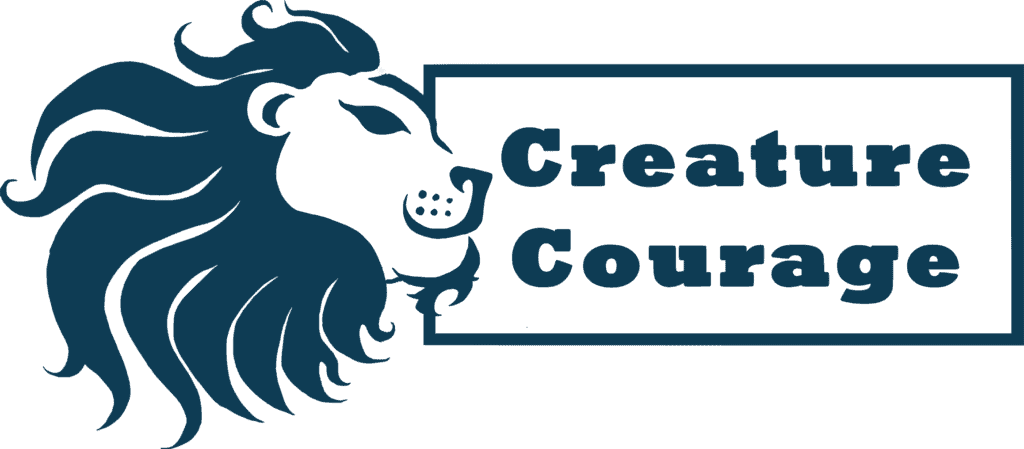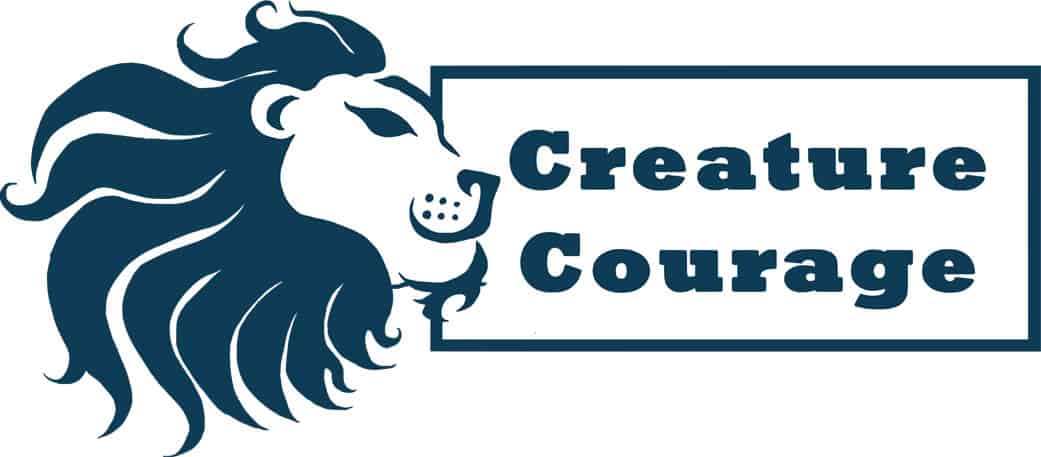Misleading the Public over a Fear of Spiders: Media & Press Case Studies
Spiders always get bad press. It’s true, arachnophobia, or the fear of spiders, is a widespread issue exacerbated by the media’s portrayal of spiders as scary, dangerous, and to be avoided at all costs. Sensational headlines and exaggerated news stories sell more papers and attract more viewers.
Sadly, we’re more likely to sit and notice catastrophe and fear than we are to revel in happiness and joy. Certainly, in the case of spiders, it’s little more than scare mongering with very little truth behind any of it at all! Even positive information can still be portrayed in sensationalised ways to sell more copies. After all, why would a positive report about spiders be written in the first place? Certainly, not for ratings or clicks.
In the UK, most spider species are completely harmless and do a lot of good for our environment and for us! So already, you can understand how this negative portrayal is misleading. With this in mind, it’s important to question the negative reports about spiders and to understand the reasons behind them. Please treat negative reports about spiders with a good scoop of scepticism. Let’s examine a few examples and set the record straight!
The Fen Raft Spider Release
A prime example of spiders always getting a bad press came from the report on the Chessington World of Adventures Zoo release of Fen Raft spiders in 2016. The Sun newspaper ran with:
“Zoo keepers have just released hundreds of rare spiders into the wild… and some of them span THREE inches”
I don’t know about you, but that doesn’t strike me as a positive headline? Especially, when it was actually a conservation effort by Chessington, and aimed at helping a vulnerable species of spider re-establish its numbers before releasing them back into their local habitat – the marshes and wetlands of Surrey. Yes, the Fen Raft spider is one of the largest spiders in the UK, but your likelihood of finding one anywhere near your home is basically zero. Their habitat is very much localised to fens and marshes, not our dusty garages. So, unless you’re standing in a river, looking onto a riverbank, you are never going to see them. Still, it didn’t stop The Sun continuing with:
“The fen raft spider is the biggest species in the UK and Chessington have let 400 of them free!”
Sadly, these types of headlines were common across the media for this conservation effort, and I’m not giving satisfaction to a link that spreads lies and mistruths. If you want to dig, you’ll find it easily enough. The headlines are no more than clickbait, and don’t think it’s just the tabloids that spread them. The Daily Telegraph used the Fen Raft spider to frame an article about “How to Spider Proof your Home”. This reporting, from some of the UK’s most respected news and media outlets, only spreads anxiety among those suffering from a phobia and suggests to everyone else that they are probably wrong for not fearing completely harmless spiders.
Moreover, the Daily Telegraph headlined their article: “Hundreds of Giant Spiders which can grow as Big as Mice Released in the UK” which asked:
“Would you congratulate an organisation that set free 400 spiders that can grow as big as mice?”
It’s a ludicrous statement that criticises Chessington World of Adventures for performing a laudable conservation effort.

False Widow Spider Scare
Of course, there are more error-strewn stories, and from big press organisations you might think should know better. A BBC News report on nursery closures due to finding False Widow spider egg sacs labelled the False Widow as:
“The UK’s most dangerous spider”
Yes, the False Widow is our most venomous spider. Yet its venom is actually less harmful than that from a bee or wasp sting! Only people allergic to bug bites or with severe health problems would have a medically significant reaction. Male False Widows can’t even penetrate human skin! They are a passive and non -aggressive species that rarely ever bite humans. Of course, the news article didn’t mention this – just leaving you with potential worry and anxiety.
And the false widows are not going to hatch out of the egg sacs and descend upon the children and suck them dry! They don’t want to eat or bite children. In fact, they are more likely to eat the mosquitoes that do want to eat the children! They are better off leaving them there! It is just so ridiculous. We should feel bad for the poor spiders and any other animals that were killed by the toxic pesticide.
Let’s look at a different perspective. If we actively tried to exterminate all false widows, they would repopulate. False Widows are a hardy species that are also among the most common spiders in the UK. We are living with thousands of them around us at any given moment and getting on just fine.
Understanding these facts can help alleviate fears and promote a more rational perspective on these creatures. In general, spiders are not even one of the most dangerous animals in the world. We have written another blog debunking myths about how dangerous spiders are.

The Reality of Spiders in the UK that the Press have Missed
I have read many other ridiculous online news features recently about spiders: one being a spider ‘terrorising’ staff at a local supermarket. Apparently, it would wait silently at the tills, ready to jump out at unsuspecting staff – read the short article if you think I’m making it up. Forget Teenage Mutant Ninja Turtles, we have real-life Ninja Spiders – well, according to this article, anyway!
Spiders really want nothing more than to get out of your way. They see a big creature posing a threat to life in front of them (that’s you, by the way), and they are likely to flee. There is no spider on the planet that has the intelligence, desire, or need to lie in wait, ready to leap out when you least expect it. That is purely for the movies. No spider is trying to come after you – It makes no evolutionary sense whatsoever!
Every Year, New Negative Headlines About Spiders Appear
These exaggerated portrayals fuel unnecessary fear and misunderstanding. You might have seen the dates on these reports and cast them aside as ‘old news’, but in 2021, the BBC linked to an article about spiders’ mating season with this crazy title: “Spider Season: Is Your Home Under Invasion?” Scaremongering journalism is still alive and well. I see at least one new negative headline about spiders every year during the mating season.
I encourage all my readers to start challenging these negative headlines and instead, spread the good news of what spiders do for the environment!
UK spiders pose little to no threat to humans. They are far more interested in catching bugs than interacting with humans. The fear that they will harm children or infest homes is completely unfounded. They do not want to bite or chase people, and they are not watching and waiting for anyone. Spiders do not want to come into our homes on purpose, as our homes are not suitable for their needs. They simply wish to continue their role in the ecosystem, as they have done so for over 300 million years. Recognising this fact can help change the narrative and reduce unnecessary fear.

The Importance of Spiders in our Ecosystem
Spiders play a crucial role in maintaining ecological balance by controlling insect populations. They prey on pests that can harm crops and spread disease, making them valuable allies in our environment. Spiders also eat bugs that would otherwise block the nutrient cycle, which would stop plants from growing altogether!
Educating the public on the benefits of spiders can shift the narrative from fear to appreciation. Without spiders, we would face a significant increase in harmful insects, leading to more disease and crop damage. This ecological perspective is vital for understanding why we need to protect and coexist with spiders.
Spiders are so important for the environment that every living thing on the planet would die without them quite quickly, even more quickly than if all the bees died out! We have written an in-depth article on just how important spiders are for the environment here.
Educating and Overcoming the Fear of Spiders With The Spider Courage Experience
At the Spider Courage Experience, we educate people about spiders to demystify these creatures and reduce these irrational fears. Knowledge is a powerful tool in combating arachnophobia. Understanding that spiders are not out to harm us and recognising their ecological importance can help change perceptions. Our workshop offers transformative therapy to help individuals overcome their fear of spiders and build resilience against other anxiety triggers. Participants can replace fear with appreciation and respect by learning about a spider’s true behaviour and role in nature.

Conclusion: Let’s See Spiders For What They Really Are
It’s time for the media to shift from fear-mongering to factual reporting on spiders. By spreading accurate information and highlighting the positive aspects of these misunderstood creatures, we can reduce unnecessary fear and promote a healthier relationship with our environment instead of being swayed by fear-mongering clickbait.
If you’re ready to conquer your fear of spiders and improve your overall mental health, or even if you just want to know more about spiders, jump to our Spider Courage Experience page and find out more.
Additionally, contact us for a free consultation and take the first step towards overcoming arachnophobia. Our therapy not only addresses the fear of spiders but also provides tools for managing other anxiety triggers, whilst improving confidence and enhancing overall well-being.
For more information on the importance of spiders, check out our detailed blog on their role in the world’s ecosystems here. Join us in changing the narrative and embracing the benefits that spiders bring to our lives. Knowledge and understanding are key to overcoming fear and fostering a harmonious coexistence with these essential creatures.


